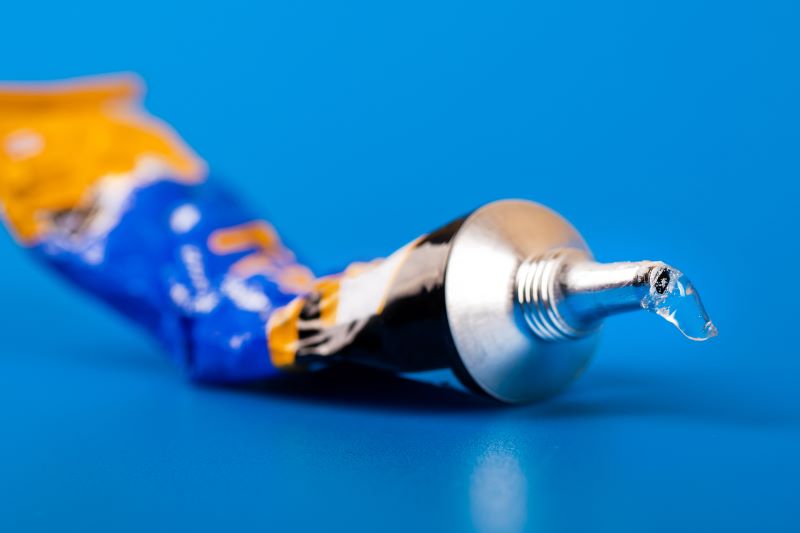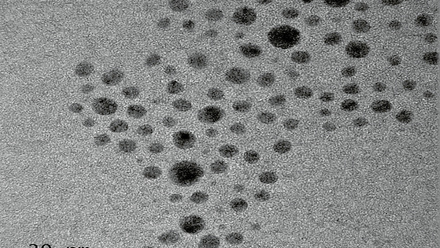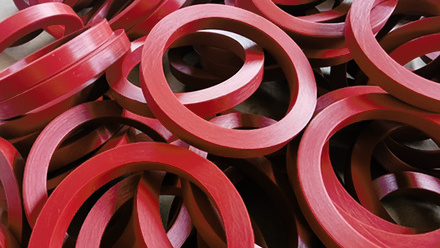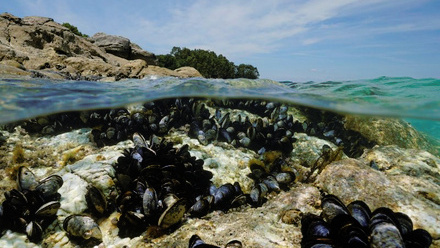Polymer engineered to rival superglue strength
A polymer has been developed to rival superglue as an adhesive, say researchers at Colorado State University.

The common, naturally occurring polymer poly(3-hydroxybutyrate) (P3HB) has been chemically re-engineered for use as a strong bonding agent.
'We developed a sample P3HB glue stick and were able to use it with a commercially available glue gun to test its application in sealing cardboard boxes and other properties on steel plates,' notes Ethan Quinn, a PhD student at at the University.
'I knew the data supported it being stronger than other options, but I was shocked that we were able to show that it far out-performs typical hot-melt options – holding up to 20 pounds in place compared to the 15 pounds an existing adhesive could not manage.'
Professor Eugene Chen notes that P3HB is biodegradable under a variety of instances, including managed and unmanaged environments. That means it will biodegrade naturally in landfills just as well as salty ocean water or soils, for example, he says. This expands the range of possible options for dealing with the material at the end of its life cycle.
The P3HB adhesive can also be recovered, reprocessed and reused.
Chen says the team is working on two different approaches aiming for mass production, including ways to lower the overall cost and environmental impacts.
The team continue to work with the BOTTLE Consortium (who supported the work) on those scaling efforts.





